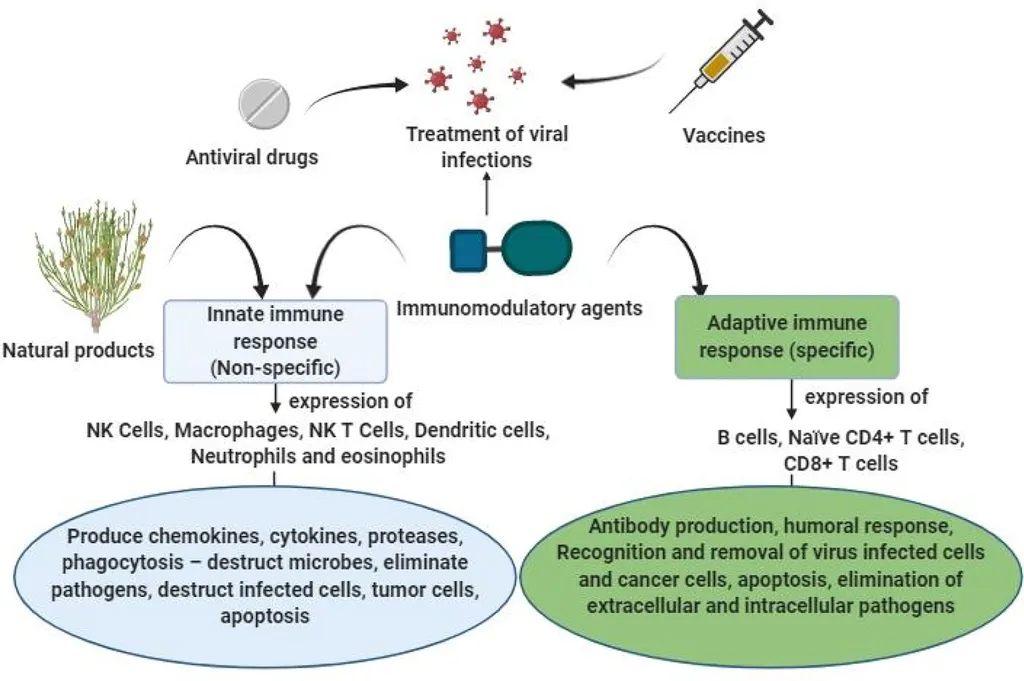In the realm of agritech and nutraceuticals, a recent study has unveiled promising findings that could reshape our understanding of immune-boosting compounds derived from plants. Researchers, led by Se Jeong Kim from the College of Agriculture and Life Sciences at Kyungpook National University in the Republic of Korea, have discovered that the water extract of Cirsium setidens Nakai, a plant native to East Asia, significantly enhances innate immunity. This research, published in the journal ‘Applied Food Research’ (translated as ‘식품과학연구’), opens new avenues for developing natural immune-boosting supplements and therapies.
The study focused on the effects of Cirsium setidens Nakai water extract (CNE) on immune cells, specifically RAW 264.7 cells and splenocytes. The findings were striking: CNE enhanced the production of nitric oxide and reactive oxygen species in RAW 264.7 cells without exhibiting any cytotoxic effects. “This is a crucial finding,” explains Kim, “as it indicates that CNE can boost immune responses without harming the cells themselves.”
Moreover, CNE increased the expression of key immune-related genes and proteins, such as inducible nitric oxide synthase, cyclooxygenase-2, interleukin-1β (IL-1β), interleukin-6 (IL-6), and tumor necrosis factor-α (TNF-α). The extract also activated the NF-κB and MAPK pathways, which are vital for immune responses. “The nuclear translocation of p65 and c-Jun in RAW 264.7 cells suggests that CNE can modulate immune signaling pathways effectively,” Kim adds.
The study also explored the impact of CNE on splenocyte proliferation and cytokine production. In concanavalin A (Con A)-stimulated splenocytes, CNE alleviated the dexamethasone (DEX)-induced reduction of splenocyte proliferation and suppressed the DEX-induced diminution of IL-1β and IL-6 production. This is particularly significant as dexamethasone is a potent anti-inflammatory drug that often suppresses immune responses.
Ultra-performance liquid chromatography coupled with quadrupole time-of-flight mass spectrometry identified several active compounds in CNE, including pectolinarin, cirsimaritin, and pectolinarigenin. Among these, pectolinarin showed the highest content and was found to increase TNF-α production in RAW264.7 cells without displaying cytotoxicity. “These compounds hold great potential for developing targeted immune-boosting therapies,” Kim notes.
The commercial implications of this research are substantial. The agritech and nutraceutical industries could leverage these findings to develop new immune-boosting supplements and therapies. The identification of specific compounds like pectolinarin could lead to the creation of standardized extracts with consistent immune-enhancing properties. This could open up new markets for agricultural products derived from Cirsium setidens Nakai and similar plants.
Furthermore, the research could pave the way for innovative applications in the energy sector. Enhanced immune function could lead to improved health and productivity in agricultural workers, reducing downtime and increasing efficiency. Additionally, the development of immune-boosting supplements could support the health of workers in high-stress environments, such as those in the energy sector.
In conclusion, the study by Kim and colleagues represents a significant advancement in our understanding of plant-derived immune-boosting compounds. The findings published in ‘Applied Food Research’ not only highlight the potential of Cirsium setidens Nakai water extract and pectolinarin but also open new avenues for research and commercial development in the agritech and nutraceutical fields. As the world continues to seek natural and effective ways to boost immunity, this research offers a promising path forward.

